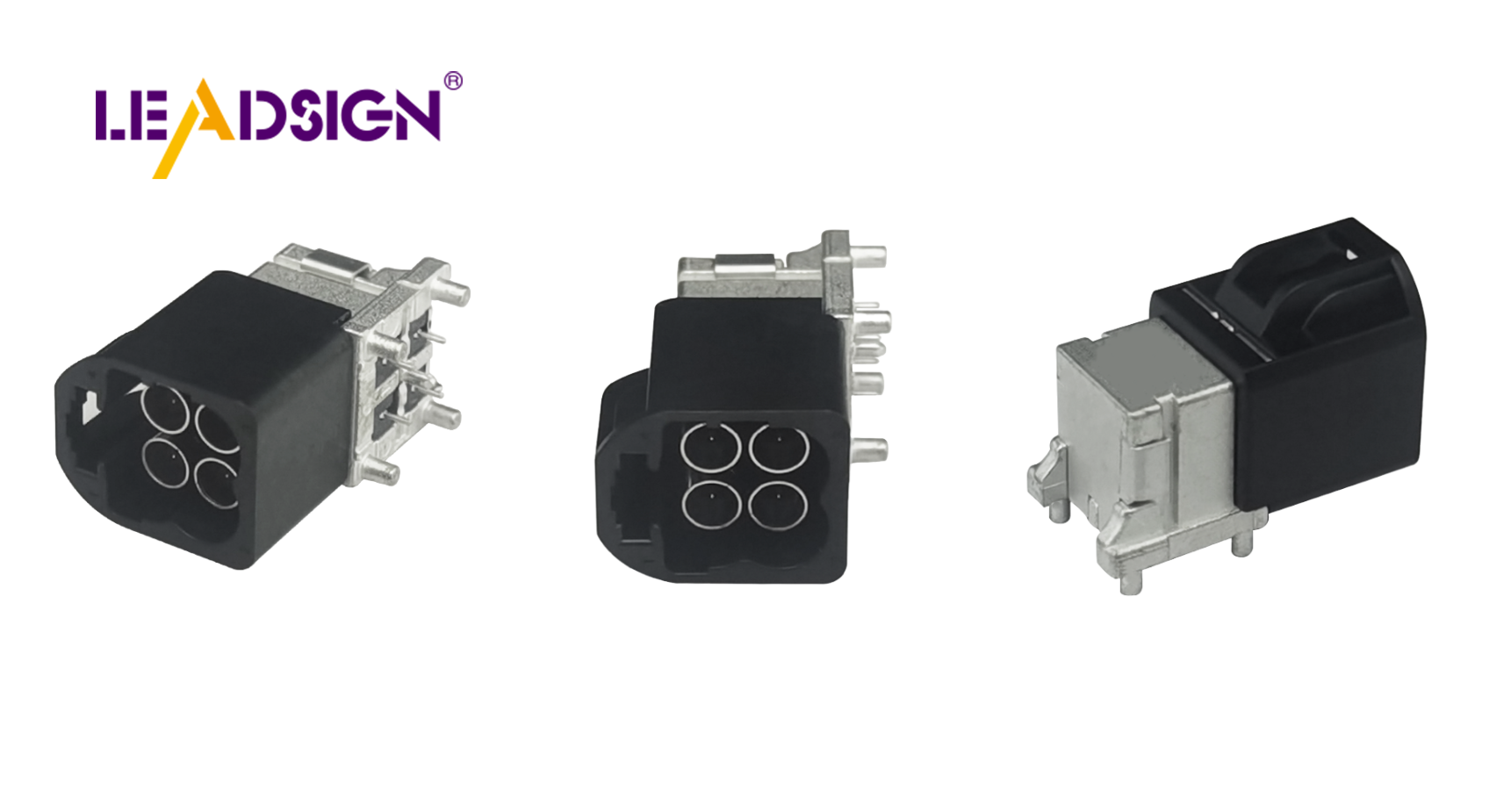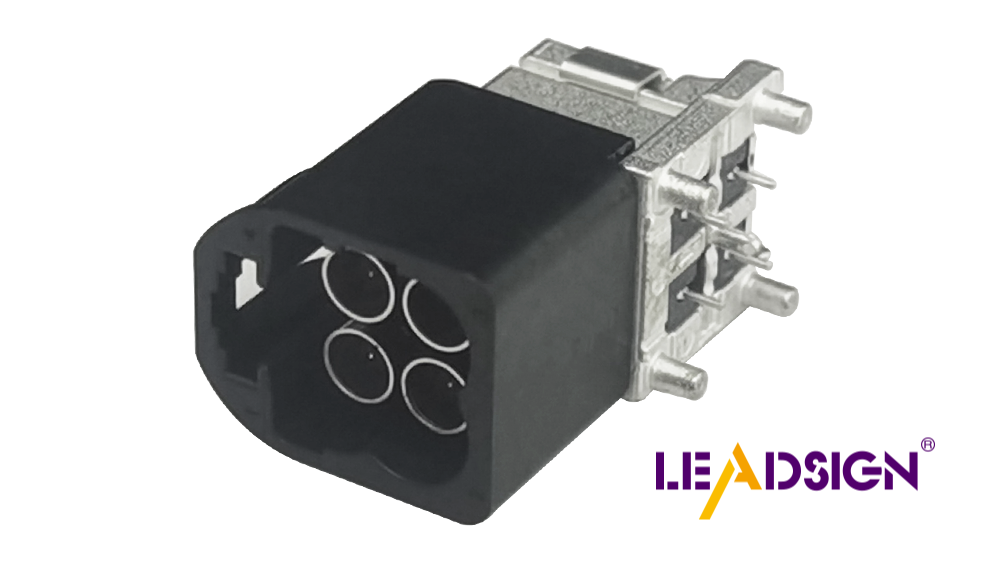Choosing the Best Automotive Wire Connectors Types

Automotive wire connectors types are crucial for your car's electrical system, ensuring reliable connections between components. Selecting the appropriate wire connectors is essential for maintaining your car's safety and performance. Modern vehicles can feature up to 700 connectors, highlighting their significance. A quality connector prevents electrical issues and enhances functionality. With the market growing by 5.8% annually, understanding these connectors is increasingly important. Opt for high-quality and properly fitting connectors to keep your car running smoothly.
Understanding Automotive Wire Connectors
What are Automotive Wire Connectors?
Definition and Purpose
Car wire connectors join electrical parts in your car. They keep electricity flowing, which is key for the car to work. These connectors have different shapes and sizes for various uses.
Common Uses in Vehicles
Wire connectors are found all over your car. They link things like headlights and driver assistance systems. As cars get more complex, we need better connectors. This change shows how important electronic systems are for safety and performance.
Importance of Quality Connectors
Impact on Vehicle Performance
Good connectors help your car work well. They make sure power goes where it should, keeping systems running smoothly. Bad connectors can cause problems with the engine or music system.
Safety Considerations
Safety matters when picking connectors. Good ones lower the chance of shorts and fires. They handle tough conditions like heat and shaking, staying reliable over time. With more driver assistance parts, strong connectors are even more needed. Choosing quality keeps your car safe and working well.
Exploring Automotive Wire Connectors Types

Picking the right automotive wire connectors helps your car's electric parts work well. Let's look at some common types and their benefits.
Crimp Connectors
Features and Benefits
Crimp connectors hold wires tightly by squeezing them together. This makes them strong and good at carrying electricity. You don't need to solder, so they are easy to install. They also handle shaking well, which is important for cars.
Applications
You can use crimp connectors in many car systems like lights, music, and engine control. They last long, making them great for places where you need things to work all the time.
Solder Connectors
Features and Benefits
Solder connectors join wires permanently. They make a strong electric link with little resistance. Soldering keeps water and rust away, helping the connection last longer.
Applications
Solder connectors are best where you need a tough connection that lasts. They're used in important parts like engine controls and sensors because they must be very reliable.
Quick Disconnect Connectors
Features and Benefits
Quick disconnect connectors from 3M let you connect or disconnect easily without soldering. They are fully covered to keep safe and stop accidental shorts. These save time during fixes or upkeep.
Applications
You find quick disconnects in wire harnesses where you often unplug things. They're great for quick repairs needed in lights or accessory connections.
Weatherproof Connectors
Features and Benefits
Weatherproof connectors are great for tough weather. They stop water, dust, and heat from causing problems. Strong seals keep water out, so connections stay safe. This makes them perfect for outside use.
Sealing Technology: These connectors block water and dust well. Your connections will stay strong and work right.
Durability: Made with good materials, they handle stress and bad weather.
Versatility: They fit many types of car wire connectors, so you can use them in lots of ways.
Applications
Use weatherproof connectors where your car faces the elements. They're great for headlights, taillights, and outdoor sensors. These connectors help your car's electric parts work well even in bad weather.
Lighting Systems: Perfect for headlights and taillights that get wet or dirty.
Exterior Sensors: Use them for sensors outside the car needing strong links.
Off-Road Vehicles: For cars in mud or dust, these keep things working right.
Picking the right automotive wire connectors like weatherproof ones keeps your car's electric parts working well no matter what they face.
Picking the Right Connector Type
Choosing the best automotive wire connectors helps your car's electric system work well. Here's how to decide:
Checking Your Needs
Vehicle Kind and Use
First, think about your vehicle type and how you use it. Cars, trucks, and motorcycles need different connectors. A truck for heavy work needs stronger connectors than a regular car. Consider what parts of your car need connectors, like lights or music systems.
Weather Conditions
Next, look at the weather where you drive. If it's very wet or hot, pick connectors that can handle it. Weatherproof connectors are great for these places. They keep water and dust out, so they're good for outside things like headlights.
Looking at Connector Features
Material Strength
The connector's material is important for how well it works. Find ones made from materials that carry electricity well and don't rust. Gold-plated contacts last long and work great. Strong connectors are needed in cars that shake a lot. Crimp connectors are strong and handle shaking well.
Easy to Install
How easy they are to put in matters too. Some like insulated quick disconnects let you connect easily without soldering. This saves time when fixing things. Pick ones that make putting them in simple if you often need to get to them.
Thinking About Cost
Quality vs Budget
While cheap ones might seem good, quality is key too. Good connectors cost more but work better and last longer. Spending on good ones stops future problems, saving money later.
Long-term Worth
Think about how long they'll last over time. Strong connectors mean fewer replacements needed later on. They keep your car's electric parts working well over time. Choose ones with real-time data sending and strong build like High-Speed FAKRA-Mini connectors for great performance.
By thinking about your needs, connector features, and costs, you can pick the best automotive wire connectors for your car. This choice makes driving safe and smooth.
Picking the right automotive wire connectors helps your car's electric system work well. Keep these things in mind:
Variety: Connectors have many shapes and sizes for different uses.
Quality: Choose good connectors to improve how your car works and stays safe.
Environment: Think about weather like rain and heat.
Focus on safety and working well when choosing connectors. Make smart choices to keep your car running smoothly and safely.
See Also
Significance of Fakra Auto Connectors in Contemporary Cars
Benefits of HSD Connectors in Auto Sector
The Benefits of HFM Connectors in Auto Sector

